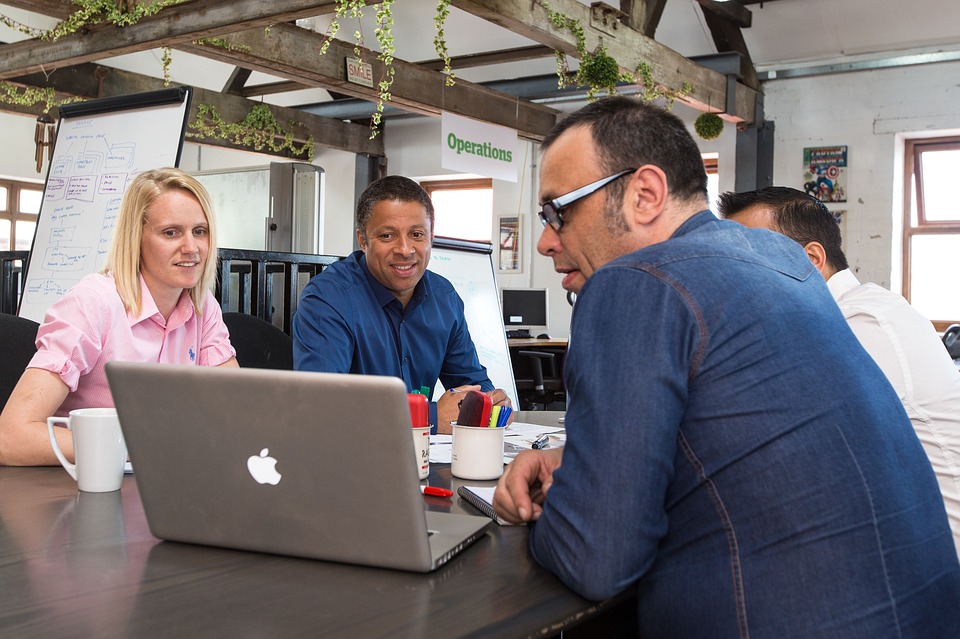Many advocates of good service in the public sector are vehemently opposed to using the term “customer” to refer to patients, clients, residents and other recipients of public service. Ask them why and many would say that a customer has choice to walk away. Others would say the customer has purchasing power and pays for what they want. A particularly interesting view-point shared with me is that using the term allows public service providers to provide a “commoditised” service which is not tailored to the needs of the poor person who just wants a basic service to meet a basic need. That these organisations copy models of service that are glitzy and look good but do not meet the basic needs of the individual.
This viewpoint made me reflect on what public service providers see when they look to learn lessons from large retail companies. Perhaps, they see the service but miss the commercial ethos. Private sector companies are certainly aware that the paying customer and will exercise the power of choice to buy elsewhere, if unhappy with the service. Yes, many customers are put off exercising this choice by the high cost of changing – from energy service providers for example. But some choose to change and the company does not know for sure how many would do so. This therefore keeps them more willing to adapt to individual need. The resulting product or service offering may be dressed up and presented in a glitzy way to add a perception of value, justifying a higher price or loyalty to the brand. In order to sell, however, it must meet a basic need and being clear what they are after, these companies go directly for it.
If I worked for a public service organisation that wants to effectively serve citizens, I would look beyond my statutory remit to thoroughly understand the need first. It will then be simpler to see how much of that need my statutory remit allows me to meet and how much added value I can include to “buy” good will.
It is about being your best at things that are within your control.



 I also saw the opportunity for skill development. We gain and lose many skills in our life’s journey, depending on the opportunities we see but also on choices we make. When we gain a skill and do not use it, we are likely to lose it, just like a top-range car left unused in a garage, or a designer dress locked away in a cupboard, past its season. The opportunity for creating a skill was there for a purpose and if not utilised when it is needed, someone or something else will fill the gap.
I also saw the opportunity for skill development. We gain and lose many skills in our life’s journey, depending on the opportunities we see but also on choices we make. When we gain a skill and do not use it, we are likely to lose it, just like a top-range car left unused in a garage, or a designer dress locked away in a cupboard, past its season. The opportunity for creating a skill was there for a purpose and if not utilised when it is needed, someone or something else will fill the gap.





